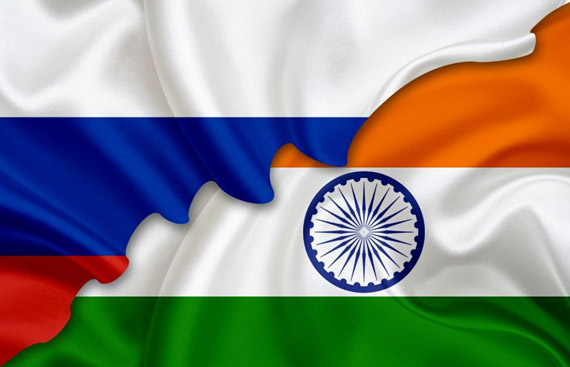India and the US: A Strategic Partnership for the Multipolar World

The substantial collaboration domains between the two nations predominantly encompass technology, defense and security, and political alignment, with a particular focus on the global south.
The External Affairs Minister of India, S. Jaishankar, has underscored the substantial congruence between India and the United States, emphasizing that the areas of mutual collaboration dwarf any divergent aspects. In assessing their competitors and potential partners, both countries found that they aligned in several areas, particularly technology, defense, and security.
In an unprecedented assertion by an Indian policymaker, Minister Jaishankar expressed that the United States now stands as India's optimal choice" as a strategic partner. This statement was made during a dialogue with former U.S. Ambassador to India, Kenneth Juster, at the Council on Foreign Relations.
In response to a query by Ambassador Juster regarding the limits of the India-U.S. relationship, taking into account concerns in the U.S. regarding religious freedom and human rights in India, as well as uncertainties in Delhi regarding American reliability, Minister Jaishankar reframed the discourse. Instead of dwelling on limitations, he chose to focus on the possibilities and adopted an optimistic perspective on how relationships evolve, offering insight into the shifting mindset.
Minister Jaishankar postulated that the United States is also fundamentally recalibrating its approach to the world. This recalibration stems partly from the long-term ramifications of its involvement in Iraq and Afghanistan, but it also pertains to shifts in U.S. dominance and relative power vis-à-vis other global actors over the past decade. This adjustment is a logical response to a world that is becoming more democratic, where opportunities are increasingly accessible and additional centers of production and consumption have emerged. This shift signifies a redistribution of power that has already taken place. Jaishankar noted that the U.S., though not explicitly using the term, is adapting to a multipolar world and actively seeks to shape the distribution and influence of these poles to its advantage. This endeavor, he contends, is entirely legitimate.
An example of this recalibration is the Quad, where the United States partnered with India, a nation that does not hold treaty ally status, unlike the other two member countries, Australia and Japan. Minister Jaishankar commended U.S. policymakers for their visionary and forward-thinking approach to engaging with a more fluid and dispersed array of global powers. He emphasized that these powers are often regional, with diverse issues and spheres of influence, leading to a more complex, anarchic global landscape. All nations, including India and the United States, are navigating this new reality and endeavoring to forge collaborative relationships.
Regarding the India-U.S. dynamic, Minister Jaishankar emphasized the tremendous potential for both nations to further their mutual interests. He cited the remarkable changes witnessed in the past five years across domains such as security, politics, technology, and interpersonal connections, underscoring the promising trajectory of the relationship.
When questioned about the top three priorities for the bilateral relationship, Minister Jaishankar emphasized the paramount importance of technology. He highlighted the pivotal role of technology in shaping the global balance of power, which has become even more pronounced in recent times due to its pervasive impact on everyday life. Minister Jaishankar elucidated that the India-U.S. partnership in technology is a natural outcome of the mutual recognition of their ability to create value together.
Furthermore, he noted that technology has a significant spillover effect on defense and security, making it a critical arena for collaboration. Lastly, in the context of the north-south divide, he emphasized the importance of political alignment. Minister Jaishankar pointed out that the global south harbors skepticism towards the global north and developed countries, making it advantageous for the United States to have partners who speak favorably of it. In this respect, India stands as a strategic ally that aligns with U.S. interests, particularly in fostering positive discourse and relationships within the global south.
